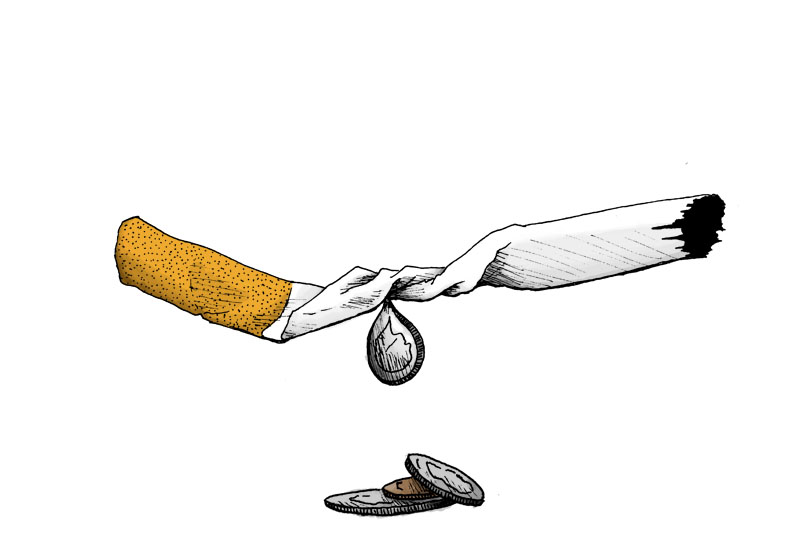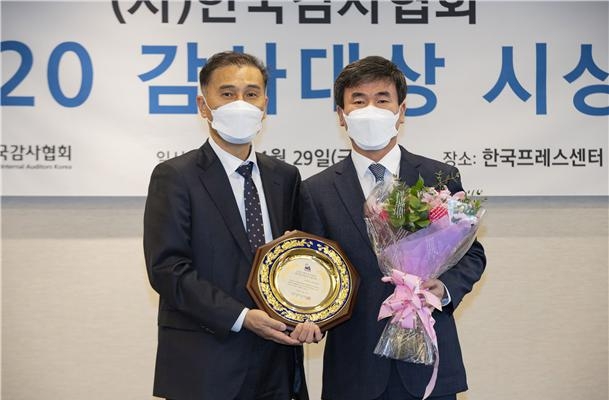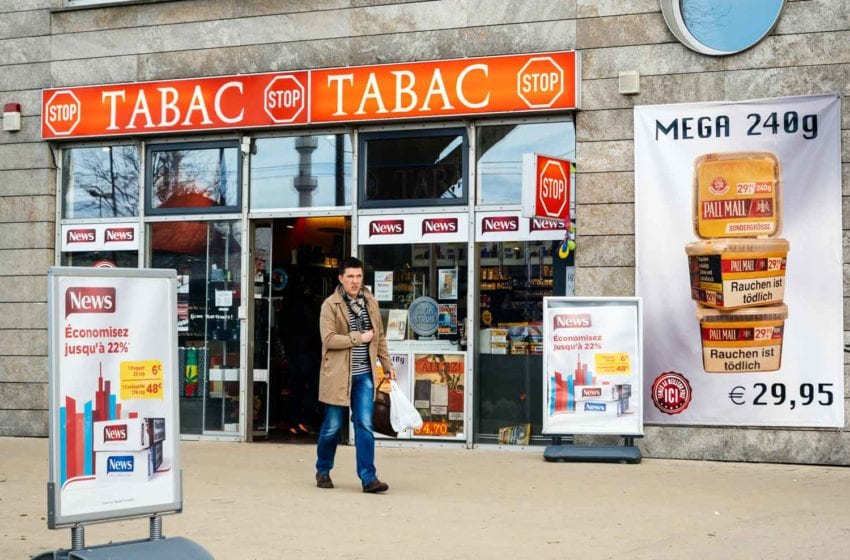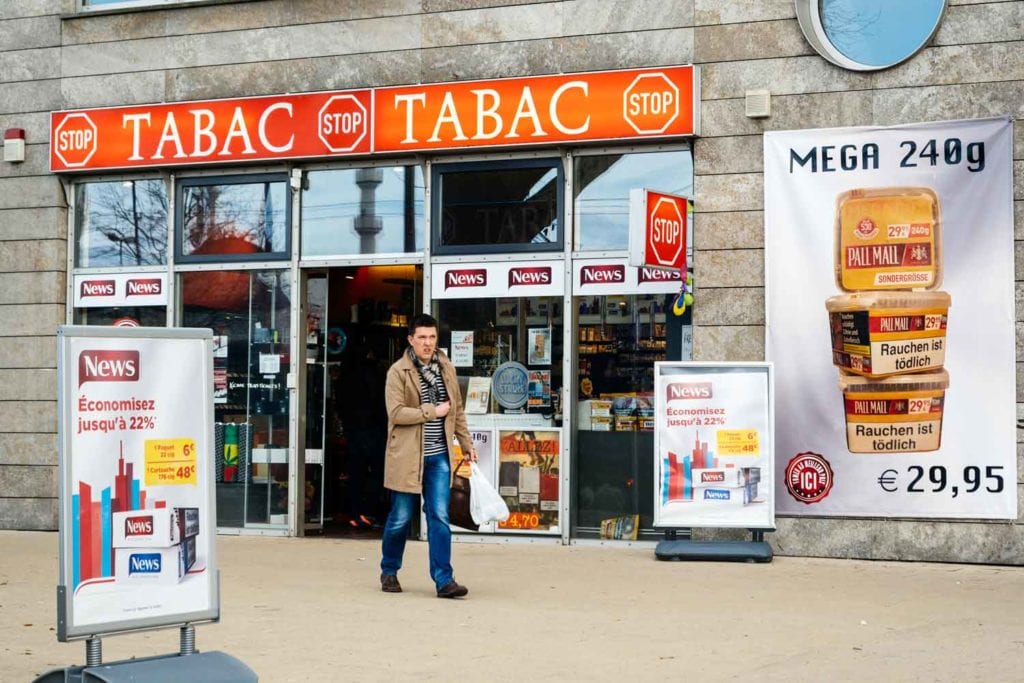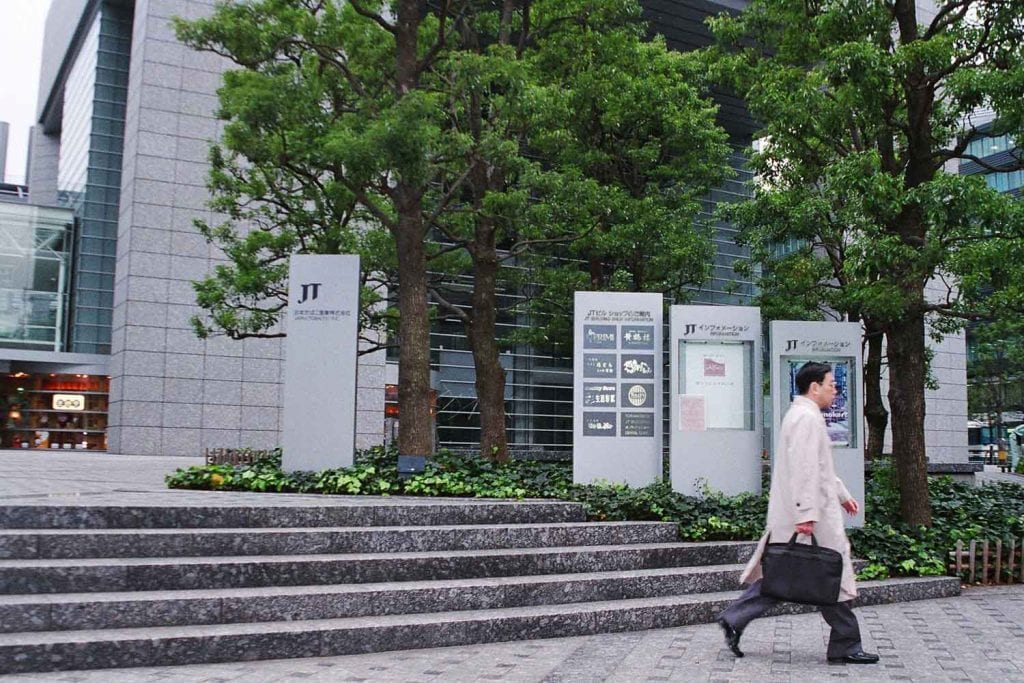
Diversifications and acquisitions have not paid off for Japan Tobacco (JT), according to Seeking Alpha, a crowd-sourced contents service for financial markets. Despite relatively stable sales trends and operating margins, JT shareholder value has declined in recent years.
Confronted by sales declines in its domestic market, JT in recent years shifted its focus to nontobacco markets, investing in pharmaceuticals, bakeries and processed foods, among other sectors. JT also acquired other tobacco brands and businesses, including Natural American Spirit; PT Karyadibya Mahardhika; United Dhaka and Donskoy Tabak, for large sums.
According to Seeking Alpha, these acquisitions have not yielded the desired results.
“Since 2017 when ESG [environmental, social and corporate governance] started to gain momentum, JT’s performance has not been good enough to support the share price despite relatively stable free cash flow generation,” Seeking Alpha wrote. “We conclude that the risk profile of the business continues to rise, and the company has not allocated its capital successfully in order to mitigate these risks. With a lack of progress and no easy answers, we rate these shares a sell.”


